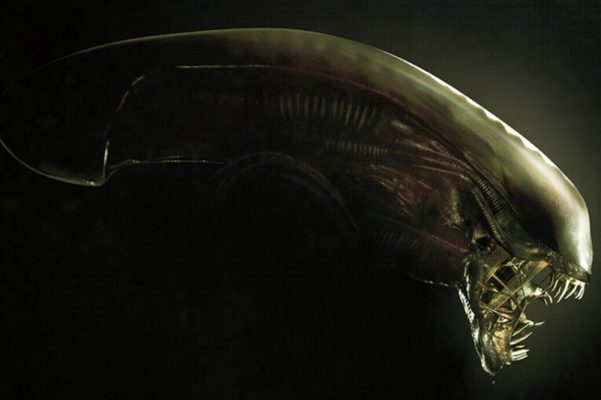“It has absolutely no message,” insisted Ridley Scott of the first Alien. “It works on a very visceral level and its only point is terror, and more terror.” Director Alexandre O. Philippe does not secure an interview with Scott or Sigourney Weaver in this latest Alien documentary and this quote partly illustrates why. Philippe is intent, from the uncertain and poorly conceived opening, to further explore the sexual metaphors of the 1979 film and extend these into the fertile landscape of #metoo, identity politics and toxic masculinity.
After opening with a vignette featuring Furies from The Eumenides actually waking up on the Nostromo Alexandre O. Philippe’s follow-up to 78:52 settles into a predictable doc format. Some, mostly technical, talking heads are interspersed throughout with discarded script ideas, first drafts, storyboards and that clichéd documentarian technique of three-dimensional rendering fleshing out the brief running time.
The sequence aboard the Nostromo looks incongruous and the production values are lacking as is the lighting in the scene. It is particularly incompetent to make a doc about a famously well-lit film and yet fail grasp the import of this very concept. This choice of opening is made more understandable when you consider that Philippe considers the perspective of a modern audience with modern sensibilities to have more import than the intent of the writer or the director.
The life of the late writer Dan O’Bannon is summarised along with the gestation of his script through false start Dark Star, the amiable and pragmatic Roger Corman, the disinterested Walter Hill and the saviour of the project in the form of Ridley Scott. The integral role H.R Giger played in the xenomorph design is touched on but the sexual aspect of his designs and the influence of Francis Bacon’s work are paramount in Philippe’s mind.
There is merit in some of the contributions which expand on this thesis and there is no doubt that the themes of impregnation, body horror and gender fluidity are represented in the plot. There are also elements of Freudian mother complexes, post-feminism empowerment and Marxism in Brett and Parker’s worker’s rights dialogues, but the presence of these themes does not surmount any of the other.
Philippe utilises a post-modern perspective to decode the past and essentially revisit and attempt to re-interpret the intent of the film-makers: “I don’t think it was necessarily a #meetoo movie,” I think it was unconsciously a #metoo movie.” Needless to say Philippe cannot prove that a forty year old sci-fi film was somehow a cry of anguish from the abusive patriarchy made manifest solely and sub-consciously through celluloid and inspiration.
@ Filmhouse Edinburgh from Wed 25 Sep 2019
